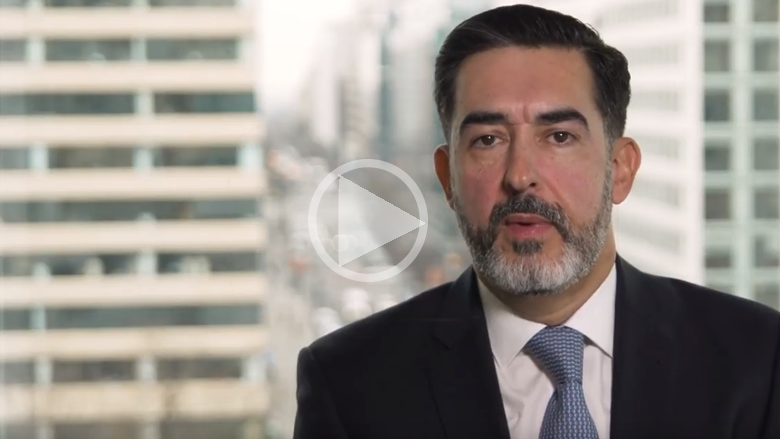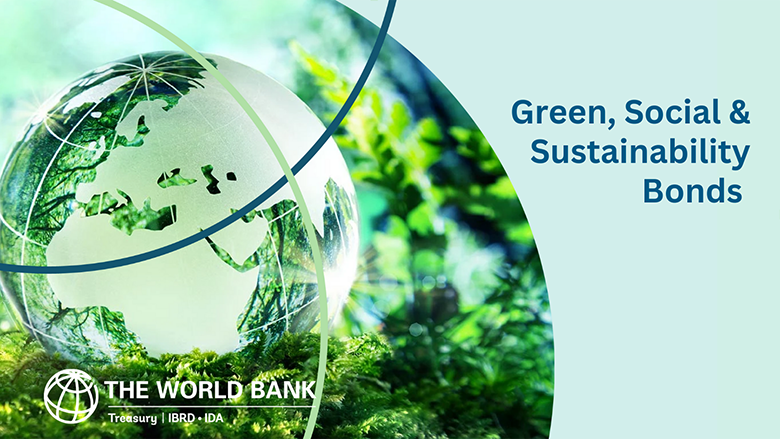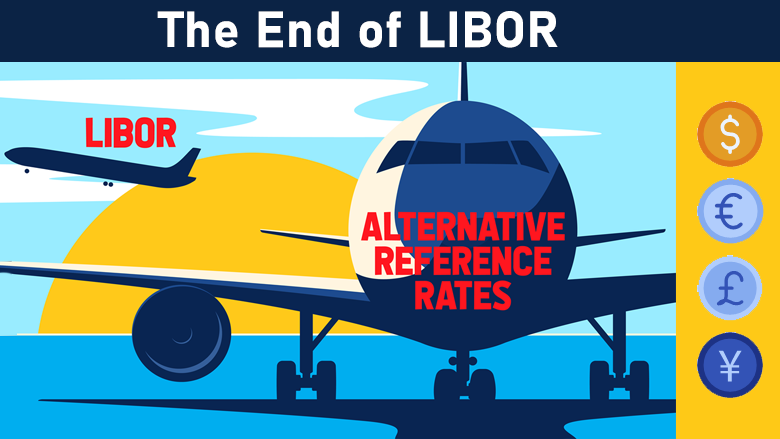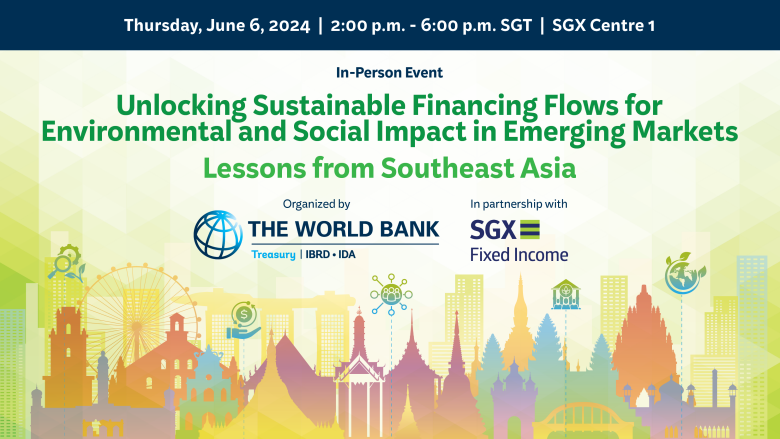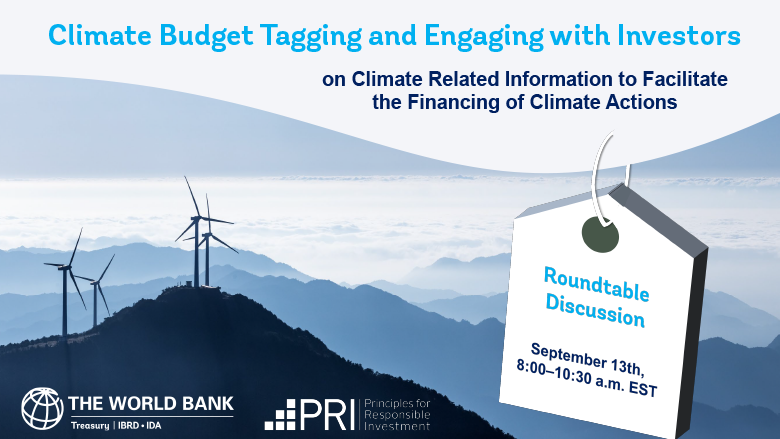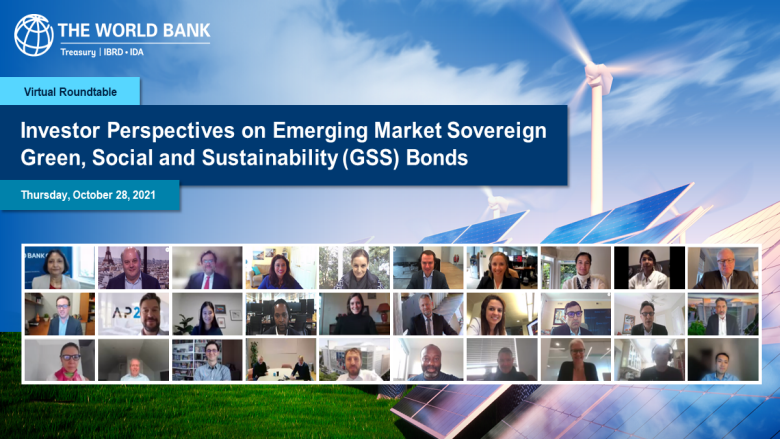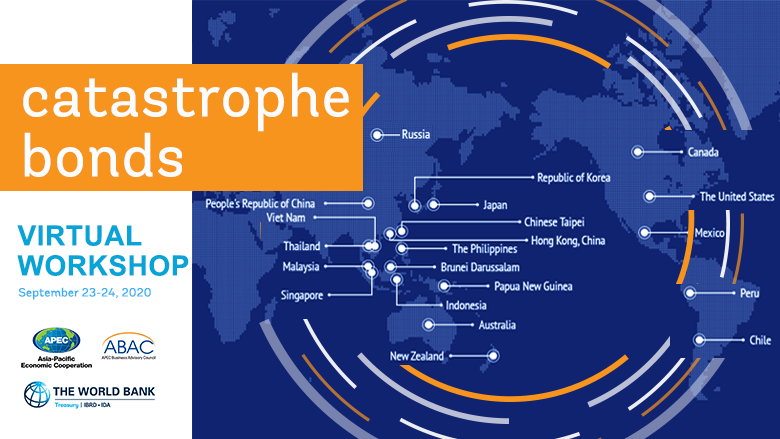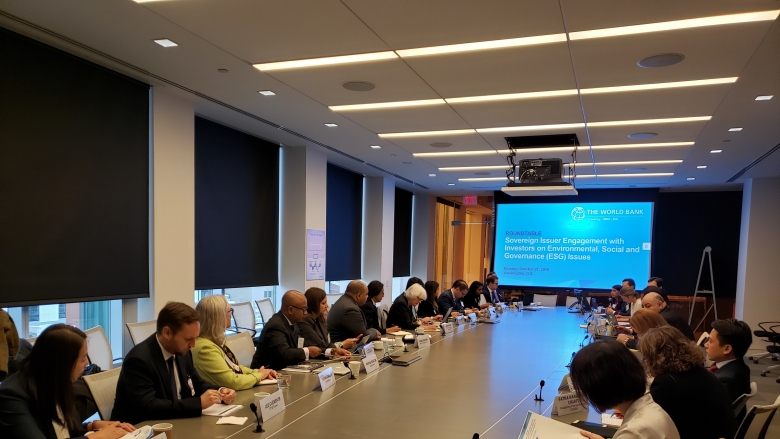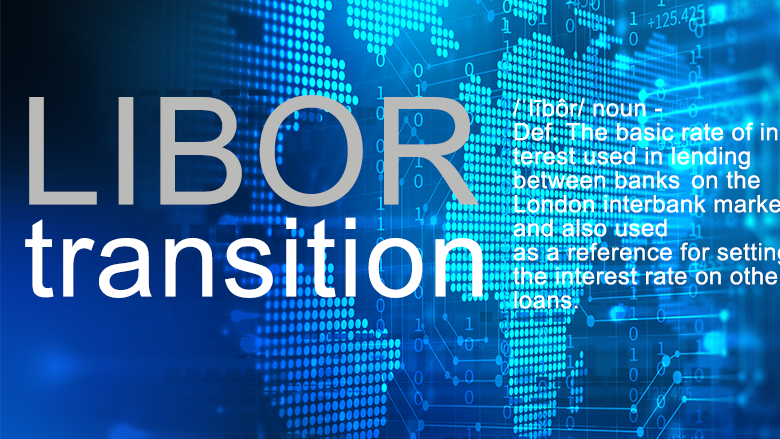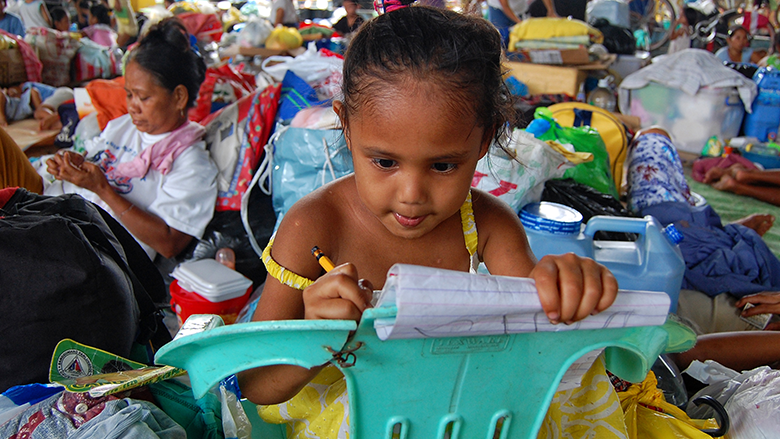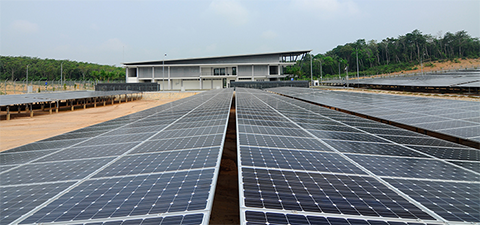The World Bank Treasury offers a comprehensive learning program to help borrowers (sovereigns and sub-sovereign entities) understand and efficiently use the full range of financial products available from the World Bank. We offer over 45 learning events per year covering a wide range of topics, including IBRD's flagship loan product IBRD Flexible Loan (IFL), financial risk management products, and the World Bank's innovative sustainable financing solutions.
Virtual or In-person
Introduction to World Bank Financial Products
This workshop provides an overview of financing and risk management innovations and the World Bank’s approach to customizing financial solutions for clients, including advisory solutions. Participants will develop a broad understanding of the IBRD Flexible Loan and loan pricing and highlights the application of customized financial solutions in select countries, risk management products, contingent credit lines, insurance/reinsurance and derivatives, and World Bank Treasury advisory services.
IBRD Flexible Loan (IFL)
This session focuses on the major terms and conditions and innovative uses of the IBRD Flexible Loan (IFL). It provides information about loan-related financial terminology, specific IFL loan terms, pricing, comparison with other financing sources, and its embedded financial risk management options.
World Bank Financial Risk Management Products
This session focuses on financial products that help mitigate financial risks, including risks for currency, commodity price volatility, liquidity – contingent credit lines and guarantees - and the fiscal impact of disasters and weather-related events.
Sustainable Finance Advisory Program
This session provides a better understanding of the current developments and trends in sustainable finance, as well as the advisory services delivered by the World Bank to clients. Participants will learn about the World Bank’s role in developing sustainable finance solutions through capital markets and how clients achieved impact through including those factors into their financing decisions. The session will consist of case studies, knowledge products, and tools that help scale-up financing for sustainable development.
World Bank Disaster Risk Financing Products
This session focuses on how the World Bank Treasury executes disaster risk insurance products for World Bank clients. It provides a better understanding of how the World Bank transfers clients’ financial exposure to disasters to insurance and capital markets. The session also delivers an overview of timelines, key counterparties, legal documentation, and transaction costs involved.
Local Currency Financing for IBRD and IDA Projects
This session focuses on local currency financing from IBRD and IDA. It provides a better understanding of why local currency financing is used and familiarizes the participants with the availability, price formation, and mechanics of local currency financing.
IBRD Enclave Financing for IDA countries
This session focuses on financing provided by IBRD to IDA countries, also known as Enclave Financing. It provides a basic understanding of the product, applicability, terms, eligibility, and pricing.
IDA Single Currency Lending
Jointly organized by the World Bank Treasury and Development Finance (DFi), this session provides information about the Single Currency Pilot Program that allows IDA countries to borrow from IDA in US dollar, euro, Japanese yen or British pound, increasing the borrowing options available to IDA countries and opening up opportunities to better manage currency risk.
IDA Scale-Up Window (SUW)
Jointly organized by the World Bank Treasury and Development Finance (DFi), this session provides information about the financing on IBRD lending terms, which are non-concessional, to Blend and IDA-only countries at low or moderate risk of debt distress. The session gives an overview of eligibility, allocations, and financing terms, and explains how they differ from standard IDA terms.
